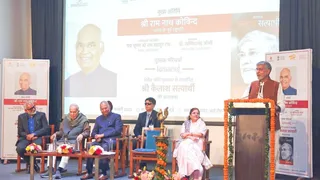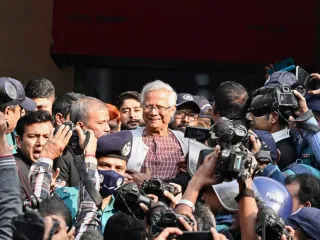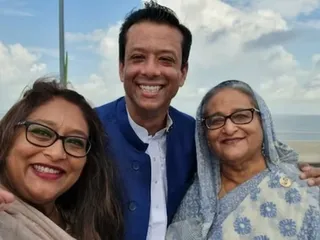Rabindranath Tagore (1861-1941), revered as a multifaceted genius, remains one of India's most significant cultural icons. His contributions extended far beyond the realms of literature, encompassing philosophy, music, art, education, and social reform. He was the first non-European to win the Nobel Prize in Literature, a testament to his profound impact on world literature.
Born into a wealthy and influential family in Calcutta, Tagore's early life was steeped in artistic and intellectual pursuits. His family's patronage of art and culture fostered his creative development. He received formal education but was largely self-taught, drawing inspiration from a vast range of sources, including classical Sanskrit texts, Western literature, and his own deep connection to nature.
Tagore's literary output was prodigious and diverse. He composed thousands of songs (Rabindra Sangeet), which are deeply ingrained in Bengali culture and continue to be widely performed. His poems, often imbued with mystical and spiritual themes, resonated profoundly with readers globally. His most famous collection, Gitanjali (Song Offerings), garnered him the Nobel Prize in 1913, receiving praise for its “supreme achievement in beautiful, ripe poetry.”
Beyond poetry, Tagore wrote numerous novels, short stories, and plays. His novels, such as Gora and The Home and the World, explored complex social and political issues facing India during the late colonial period. His plays often employed allegorical representations of social and spiritual dilemmas. His works often incorporated themes of nationalism, spirituality, and the search for truth. He was a keen observer of human nature, depicting characters with both strengths and flaws, reflecting the complexities of life itself.
Tagore’s philosophy was deeply rooted in the spiritual traditions of India, yet it was open to influences from Western thought. He championed a humanist philosophy that emphasized universal brotherhood and the importance of self-realization. He believed in education that fostered critical thinking and independent judgment, leading him to found Visva-Bharati University, an institution that continues to be a prominent center of learning and artistic expression. Visva-Bharati is a testament to his vision of a global education that transcends national boundaries.
Tagore's influence extended beyond India's borders. He travelled extensively, lecturing across continents and engaging in dialogues with leading intellectuals of his time. His writings were translated into many languages, introducing his unique perspective on art, culture, and spirituality to a global audience. His work continues to inspire and challenge readers and thinkers, earning him a lasting place among the most influential figures of the 20th century.
Rabindranath Tagore's legacy continues to enrich and inform our understanding of art, culture, and humanity. His writings remain relevant in their exploration of timeless themes, reminding us of the importance of spiritual growth, social justice, and the enduring power of human creativity.






